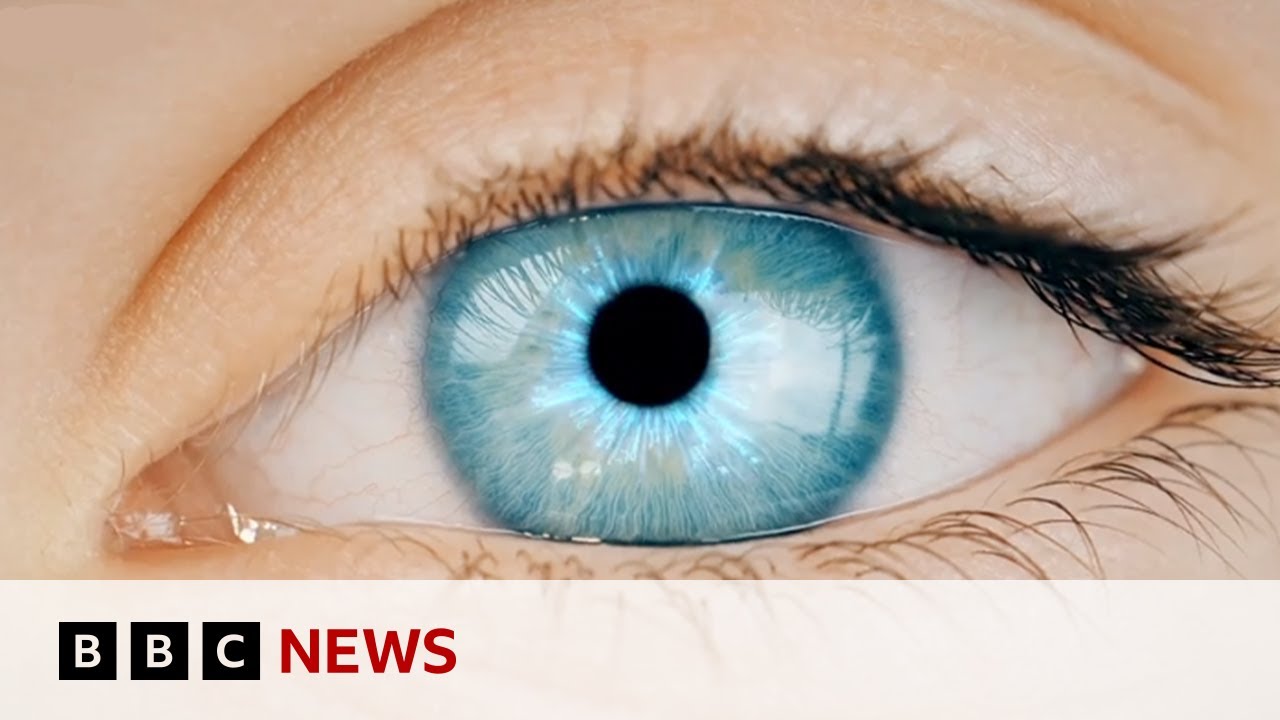The video explores how AI-powered eye scans, particularly retinal scans, can identify various diseases beyond vision issues, including early signs of conditions like Parkinson’s disease, potentially years before traditional diagnoses. Researchers at UCL Institute of Ophthalmology and Moorfields Eye Hospital are leveraging extensive datasets to enhance these scans, aiming to revolutionize early diagnosis and improve patient outcomes across multiple health conditions.
The video discusses the potential of AI-powered eye scans to identify various diseases beyond just vision-related issues. It highlights the significance of retinal scans, which are already used to detect conditions that can lead to blindness. Researchers at the UCL Institute of Ophthalmology and Moorfields Eye Hospital are exploring how AI can enhance these scans to uncover other health problems, coining the term “ocomic” to describe this innovative diagnostic approach.
The retina, located at the back of the eye, is compared to nerve tissue, and it can reveal critical health information. The video explains that retinal scans can predict a person’s weight and blood pressure, and they may even detect early signs of Parkinson’s disease, potentially seven years before a conventional diagnosis. This capability could significantly improve patient outcomes by facilitating earlier intervention and treatment.
Angela, a patient with Parkinson’s, shares her experience of waiting years for a diagnosis, emphasizing how earlier detection could have changed her life. She reflects on the missed opportunities for treatment and the impact of her condition on her quality of life. The video illustrates the importance of timely diagnosis and how AI technology could help achieve that.
The scanning process is demonstrated, showing how the retinal layers can be analyzed for subtle changes that may indicate underlying health issues. The video emphasizes the need for extensive data to train AI systems effectively, mentioning that Moorfields Eye Hospital has access to a vast dataset of 2 million anonymized eye scans. By linking this data with national health records, researchers can enhance the predictive power of AI in identifying systemic diseases.
The team is currently conducting trials to determine if AI can predict various conditions, including strokes, heart attacks, and inflammatory bowel disease. The video concludes with a positive outlook on the role of AI in healthcare, suggesting that it could revolutionize early diagnosis and treatment for many diseases, ultimately improving patient outcomes and quality of life.
